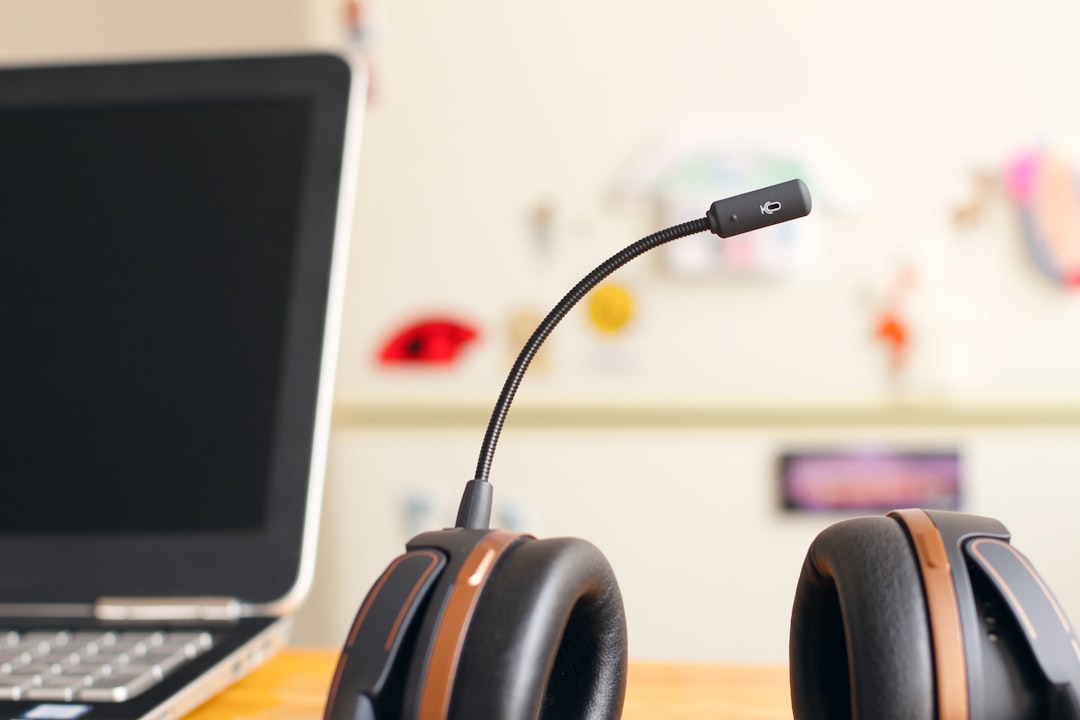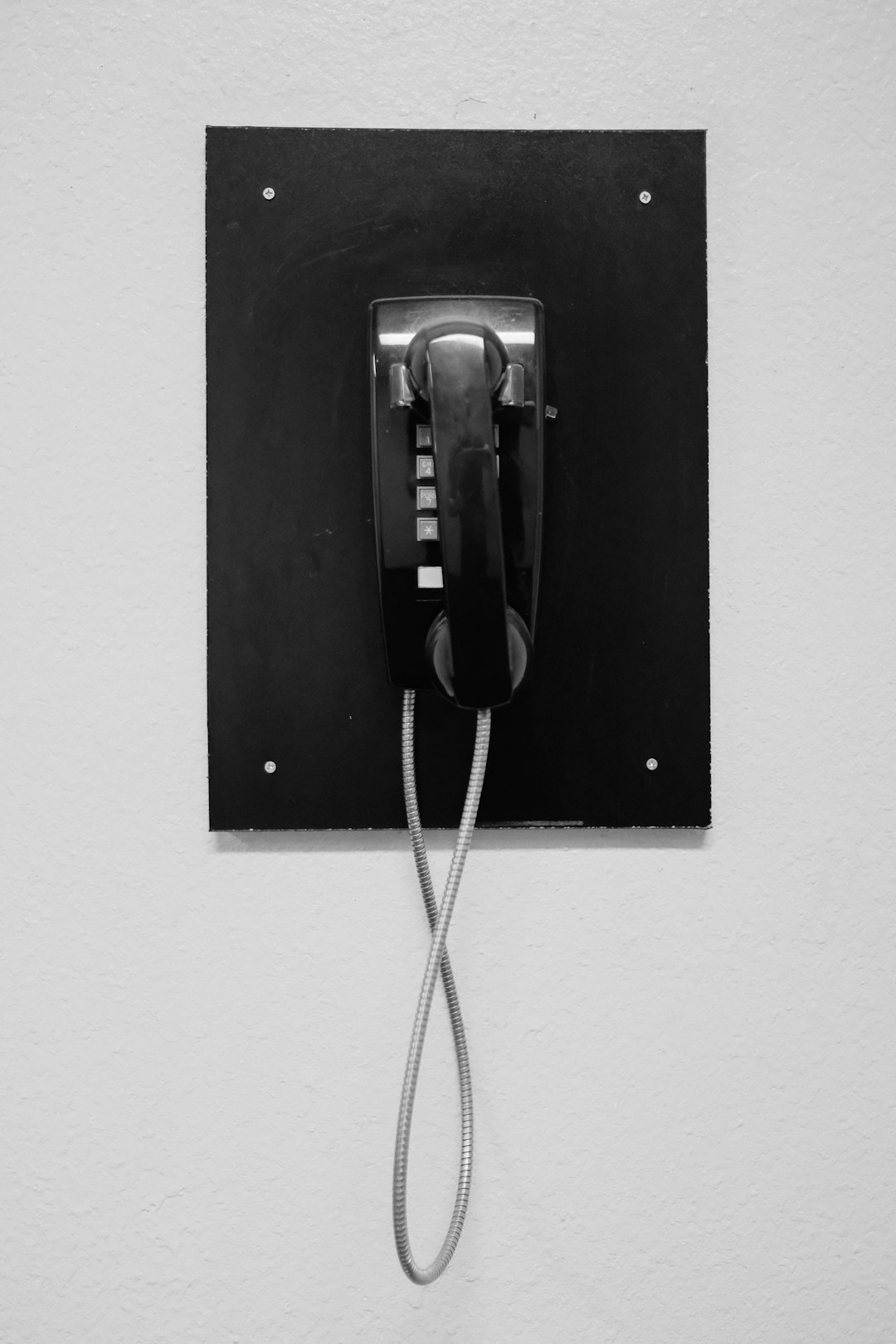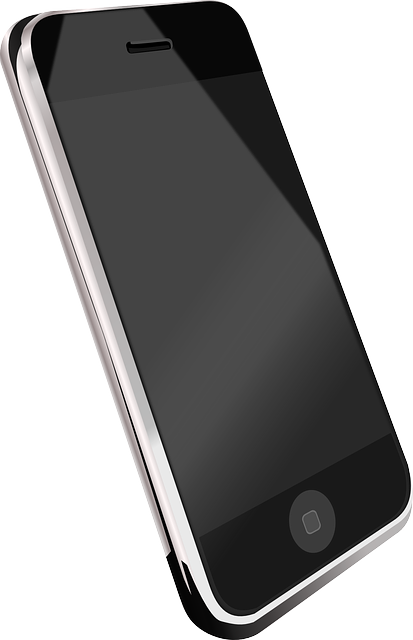Businesses using autodialers in South Dakota face strict TCPA rules for consumer protection. Violations lead to fines and legal issues, making it essential to consult a lawyer specializing in South Dakota autodialer laws for guidance on consent, call termination, do-not-call options, and industry-specific compliance to avoid penalties and protect reputations.
In the digital age, businesses across South Dakota are leveraging autodialers for marketing and communication purposes. However, understanding the legal responsibilities tied to these automated systems is crucial. This article guides you through the intricacies of South Dakota’s autodialer laws, outlining the legal obligations for businesses, when professional counsel is necessary, and highlighting the importance of compliance. If you’re in need of a lawyer for autodialer issues in South Dakota, this resource is designed to equip you with the knowledge to make informed decisions.
Understanding Autodialer Laws in South Dakota

In South Dakota, the use of autodialers is governed by specific legal frameworks designed to protect consumers from unwanted phone calls. An autodialer is a technology that automatically dials telephone numbers, often for marketing or sales purposes. Understanding these laws is crucial for businesses and individuals using autodialing services in the state. If you’re in need of guidance, consulting a lawyer for autodialer South Dakota can provide expert advice tailored to your situation.
The South Dakota Department of Attorney General outlines that automated telephone systems must comply with the Telephone Consumer Protection Act (TCPA) at both the federal and state levels. This means that businesses using autodialers must obtain explicit consent from recipients before making automated calls, ensure their calls stop when requested, and provide a do-not-call option. Violations of these rules can result in substantial fines, underscoring the importance of adhering to autodialer laws in South Dakota.
Legal Obligations for Businesses Using Autodialers

Businesses using autodialers in South Dakota have specific legal obligations they must adhere to, ensuring compliance with state regulations. The primary concern revolves around consumer privacy and protection from unsolicited communication. Businesses are prohibited from making automated calls unless the recipient has given prior consent, a rule enforced by the South Dakota Attorney General’s Office.
Engaging the services of a qualified lawyer for autodialer cases in South Dakota is crucial to understanding and meeting these obligations. Legal experts can guide businesses on obtaining valid consent, maintaining detailed records of call activities, and implementing protocols to prevent unauthorized or unwanted calls. Staying informed about evolving laws and regulations is essential to avoid legal repercussions.
When Does Autodialer Use Require Legal Counsel?

In South Dakota, the use of autodialers, or automated dialing systems, is regulated to protect consumers from unwanted and intrusive marketing calls. While many businesses utilize autodialers for legitimate purposes, there are circumstances when their use requires immediate legal counsel. If an autodialer is employed without obtaining prior express consent from recipients—a violation of the Telephone Consumer Protection Act (TCPA)—it can lead to substantial legal consequences for users.
Additionally, certain industries and calls require specific compliance measures, such as those involving debt collection or medical billing. In cases where autodialers are used for such sensitive matters without adhering to stringent regulations, consulting a lawyer for autodialer South Dakota becomes imperative to avoid penalties, class-action lawsuits, and damage to one’s reputation.






